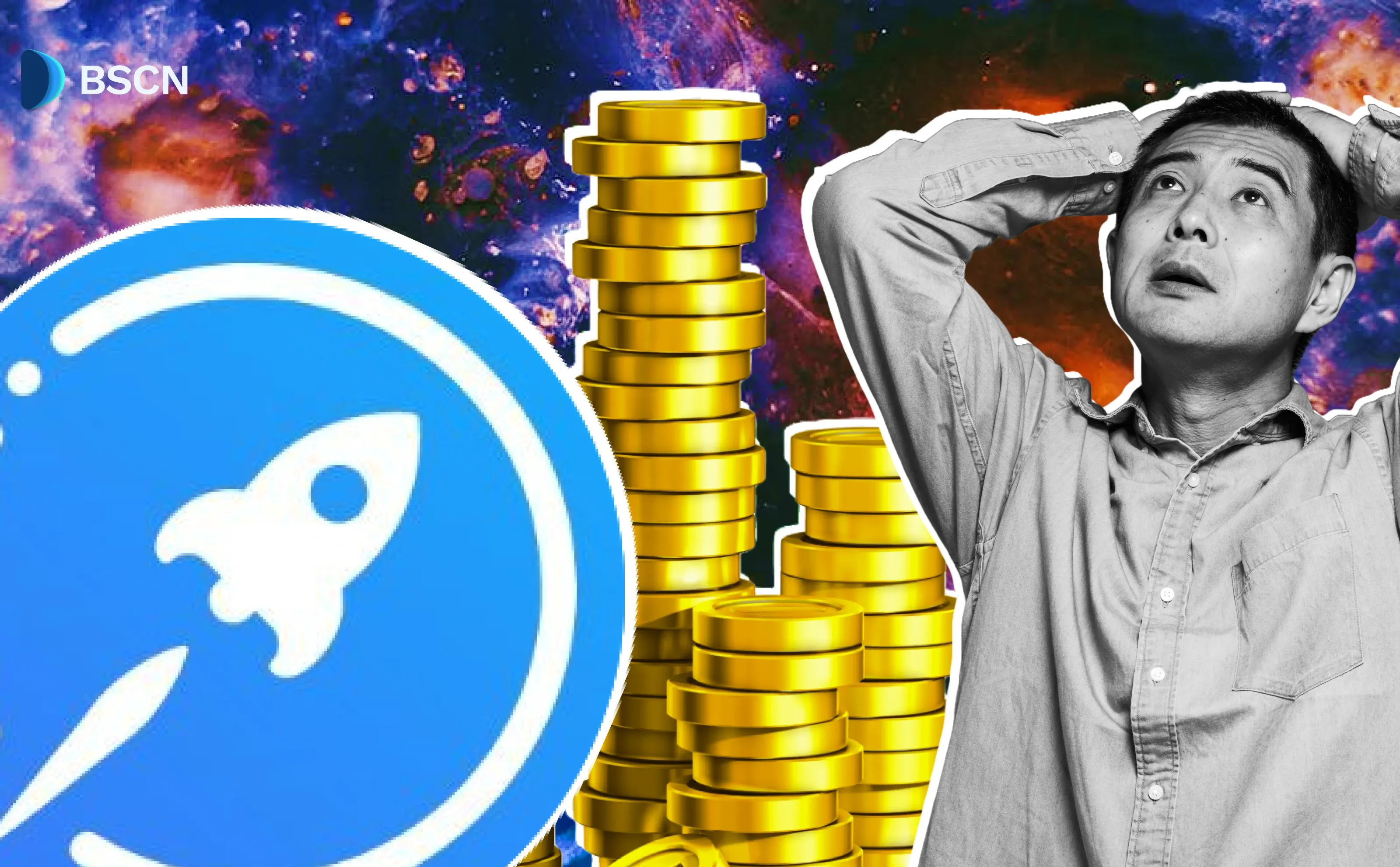WEB3
CEX vs. DEX: Crypto Exchanges and Their Governance Models

Governance models for crypto exchanges vary between "centralized" exchanges and "decentralized" exchanges, but also among individual CEXes and DEXes.
BSCN
October 16, 2022
Crypto Exchanges 101
If you’re at all involved in the cryptocurrency market, then you must be aware of crypto exchanges -- which are important platforms used for trading digital assets.
Not all crypto exchanges are created equal, however, particularly when we are talking about a Centralized Exchange (CEX), such as Binance, compared to a Decentralized Exchange (DEX), such as PancakeSwap. A primary difference between a CEX and a DEX is their model of governance.
A CEX is controlled by an authority, like a company, while a DEX has a decentralized power structure. Additionally, there are Hybrid Exchanges (HEXes), such as Bitfloor and Poloniex, that share characteristics of CEXes and DEXes.
Let’s explore:
CEXes are built similarly to traditional stock exchange markets in that they are controlled by a centralized power structure. Their administrators make the core decisions regarding their operations. Normally, these platforms rely on order books to manage the exchange of assets. They are also the most dominant types of exchanges in the crypto market. Some of the most popular ones are Binance, Coinbase, FTX, Huobi, and KuCoin.
DEXes, on the other hand, are designed so their users influence core governance processes. Some exchanges utilize a voting system where users who hold a given amount of native tokens are allowed to participate. DEXes appeal to a key tenet of the crypto spirit, decentralization of power, and their governance tend to be more democratic and more dynamic than that of CEXes.
Of course, different CEXes have different governance models, and so do DEXes.
Let’s look at some of the largest crypto exchanges:
CEX: Binance
Binance is the world’s largest crypto exchange in terms of volume, with a 24-hour trading volume of more than $15 billion. A team of executives leads this centralized crypto exchange. The executive team is chaired by Binance Co-Founder and CEO Changpeng Zhao (CZ).
Executive leadership is tasked with all managerial roles needed to run the company, including the development and implementation of policies. Those top-down decisions are then communicated to the exchange’s users via events, statements, press releases, etc.
CEX: Upbit
Upbit is a South Korean crypto exchange that was founded in 2017. The exchange is also a CEX, but it is governed in a different way from Binance in that Upbit is a subsidiary of South Korean fintech company Dunamu.
Dunamu has four subsidiaries including Upbit, two investment exchange platforms, and an equity management platform. The exchange is available in Korea, Indonesia, Thailand, and Singapore.
The exchange has several CEOs with each CEO running its startup in a single country that is located. They then all answer to the management of the exchange’s parent Dunamu. Only CEO Alex Kim handles Singapore and Indonesia subsidiaries. These executive leaders share their roles as follows:
- Upbit Thailand CEO- Peeradej Tanruangporn
- Upbit Singapore/APAC CEO- Alex Kim
- Korea and Dunamu CEO- Sirgo Lee
DEX: PancakeSwap
PancakeSwap is the dominant DEX on BNB Chain. This crypto exchange is community-based and allows any holder of native token CAKE to participate in the governance process.
Its governance process is rather straightforward: A CAKE holder makes a proposal. If the proposal gains significant support from the community, it is then made into a core proposal. The core proposal is then voted on by other CAKE holders and, if it passes, it is implemented.
DEX: Uniswap
Uniswap is a leading DEX on Ethereum, Polygon and other chains. This platform also has a decentralized governance system driven by its native UNI token. It also has a simple and decentralized governance system. Here are the basic rules that the platform posted when UNI went live in September 2020.
- A user must have at least 1% of UNI's total supply (delegated) to submit a governance proposal
- Since tokens are used in voting, 4% of UNI's total supply must be used to support a proposal from the community for it to be successful.
- There is a mandatory 7-day voting period
- There is a 2-day timelock delay on the execution of the proposal.
Click this link for more information on how to vote on Uniswap.
What Is PancakeSwap:
PancakeSwap is a Decentralized Exchange (DEX) built on BNB Chain. It offers users various features such as Liquidity Pools, Swapping, Yield Farming, Syrup Pools, Automated Market Maker, Initial Farm Offering (IFO), NFT profile system, and many others.
In addition, the protocol helps users make the most out of their crypto assets by trading, earning through yield farming, and winning via lottery, prediction, and NFT collectibles. With the highest trading volumes in the market, PancakeSwap is the leading DEX on the BNB Chain.
Where to find PancakeSwap:
Website | Twitter | Medium | GitHub
`
Latest News
Crypto Project & Token Reviews
Project & Token Reviews
Comprehensive reviews of crypto's most interesting projects and assets
Learn about the hottest projects & tokens
Latest Crypto News
Get up to date with the latest crypto news stories and events







